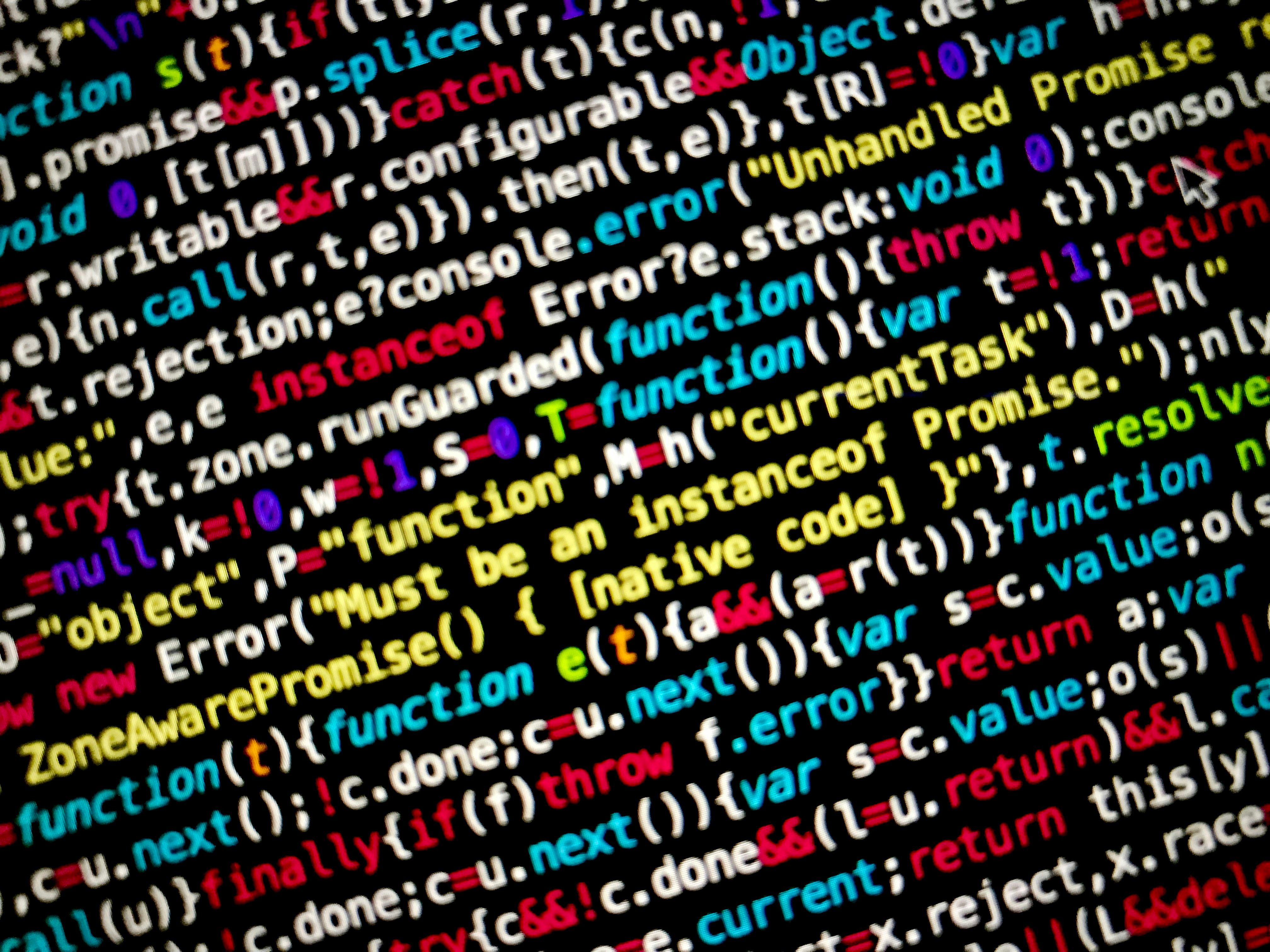Al-Aqsa Mosque: A Daily Ground for Power Struggles
Gateway of Mercy Mosque: A Focal Point in the Al-Aqsa Compound Controversy
Amidst the ongoing tension between Palestinians and Israeli occupation forces in the Al-Aqsa Mosque compound, the hidden gem, Bab Al-Rahma Mosque, or the 'Gate of Mercy Mosque', situated on the eastern wall, often escapes the limelight.
Originally, this gate served as an entry point outside the compound where trade and commerce thrived. With Salah Al-Din's rule in 1187 AD, the gate was sealed to tighten security and redirect trade through the main entrance [1]. It transformed into a mosque soon after, becoming an integral part of the Al-Aqsa compound.
However, in recent years, Bab Al-Rahma Mosque has become a battleground, a focal point of conflict within the compound. Israeli authorities closed the mosque in 2003, citing alleged use for political activities by the Northern Branch of the Islamic Movement. However, these claims were refuted by the Jordanian Waqf, the administering body of the entire Al-Aqsa compound under international law [1]. In 2019, the caged door was broken open by young Palestinian men, transforming it into a place for prayer [1].
Since then, tensions have escalated, with reports of attacks, intimidation, and violations of international law within the area surrounding Bab Al-Rahma Mosque [1]. Israeli forces have even been reported to enter the mosque, snapping photos within during daily routine [1][4].
Unfortunately, Israel, despite lacking legal authorization, has been making attempts to control parts of the Al-Aqsa compound. The local Jordanian Waqf, due to the fear of repercussions, abstains from providing funds for the upkeep of the mosque, leaving the maintenance in the hands of local Palestinians [1].
"Whenever any changes occur, or repairs, maintenance, even cleaning the carpets or the yards, they [Israeli forces] destroy it," M.S., a Palestinian Imam, reveals in an interview [1].
The mosque serves as a political battleground, with Palestinians fearing that absent Muslim presence, Israel may transform the area into a synagogue to please the far-right members of the Israeli government. Escalating tensions, Israeli officials and settlers have been spotted performing prayers within the Al-Aqsa Mosque compound, exacerbating the dispute [2][3].
"If it's full with Muslims, it won't be easy to take it," M.S. explains, "If it's empty, it's easy to take" [1]. Imam M.S. believes Israel plans to seize this area due to its symbolic importance, with the region known as the 'Golden Gate', as mentioned in various religious texts, suggesting it is believed to be the gate through which the Messiah will enter.
Israeli NGO, Ir Amim, has warned of potential Israeli government plans to establish a synagogue in the area, intimating that the police are covertly collaborating with temple activists to enhance Jewish presence at Al-Aqsa [3].
Therefore, the maintenance of the Bab Al-Rahma Mosque, ensuring the presence of its faithful, and the protection of this historical site under international law, are of immense importance to Palestinians. Without a steady Muslim presence, Palestinians fear the potential loss of this sacred land as well as a significant piece of their religious and cultural heritage.
[1] Historical Significance of Bab Al-Rahma Mosque
[2] Long live the Palestinians, those wonderful people
[3] Ir Amim
[4] Israeli attacks on Al-Aqsa
[5] Brazil's Solomon's Temple and its ties with the dispute over Jerusalem
- In numerous reports on war-and-conflicts, the Bab Al-Rahma Mosque, often referred to as the 'Gate of Mercy Mosque', has documented attacks and violations of international law.
- Amid the middle east news, the activists and human rights groups have raised concerns over the exclusive Israeli control and attacks on the Bab Al-Rahma Mosque.
- The UN has issued a report on the general-news section, urging Israel to maintain Bab Al-Rahma Mosque and uphold the rights of Palestinians within the Al-Aqsa compound.
- In a special article, crime-and-justice experts have discussed the legal and political implications of Israel's attempt to control Bab Al-Rahma Mosque, citing potential right violations and provocation.
- In the face of Israeli attempts to seize the Bab Al-Rahma Mosque and the 'Golden Gate' area, the local Palestinians have rallied, leading interventions by the police and military to curb their activism.
- As the tensions escalate, the local Palestinian Imams are calling for international support to prevent Israel from transforming the Bab Al-Rahma Mosque into a synagogue.
- Israeli government's intentions to establish a synagogue in the Bab Al-Rahma Mosque area, or the 'Golden Gate', is a controversial move, stirring debates in politics and sparking conflicts in the middle east.
- According to Ir Amim, an Israeli NGO, the government plans to enhance Jewish presence at the Al-Aqsa compound, collaborating with temple activists and potentially re-appropriating Bab Al-Rahma Mosque.
- Despite the global coverage on the crisis in the Al-Aqsa compound, little is known about the Bab Al-Rahma Mosque, a key battleground in the broader conflict between Palestinians and Israel.
- In the ongoing clash between Palestinians and Israeli occupation forces, the Bab Al-Rahma Mosque stands as a symbolic beacon of hope and resistance against the looming threat of Israeli grasps in the Muslim-held sites of war-and-conflicts.








